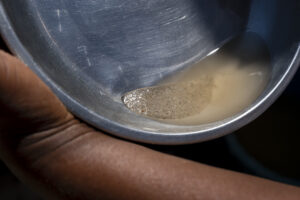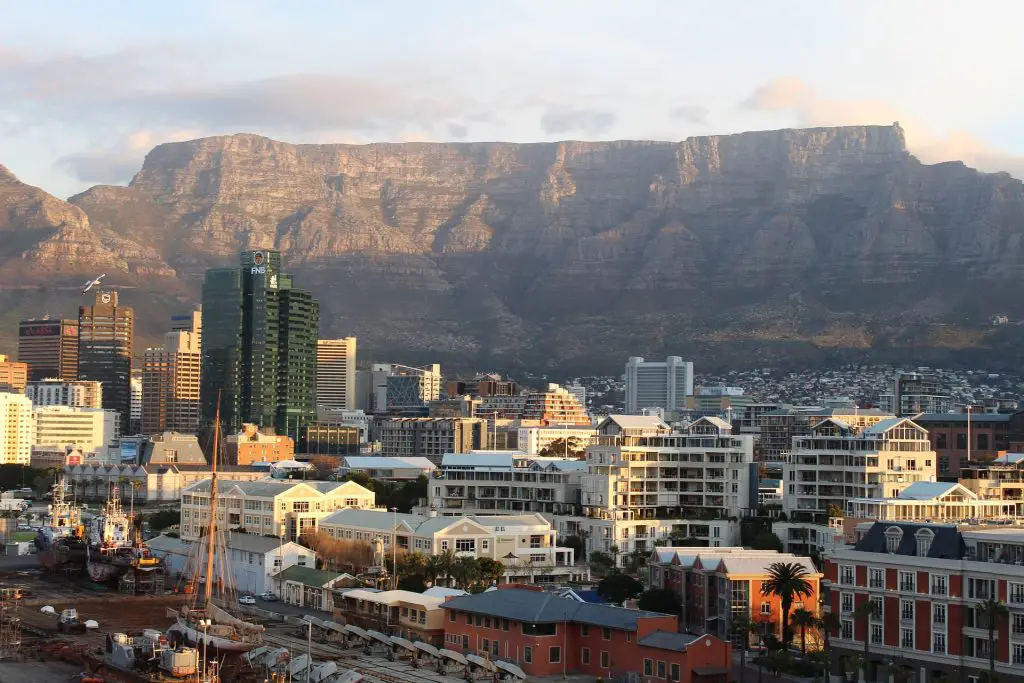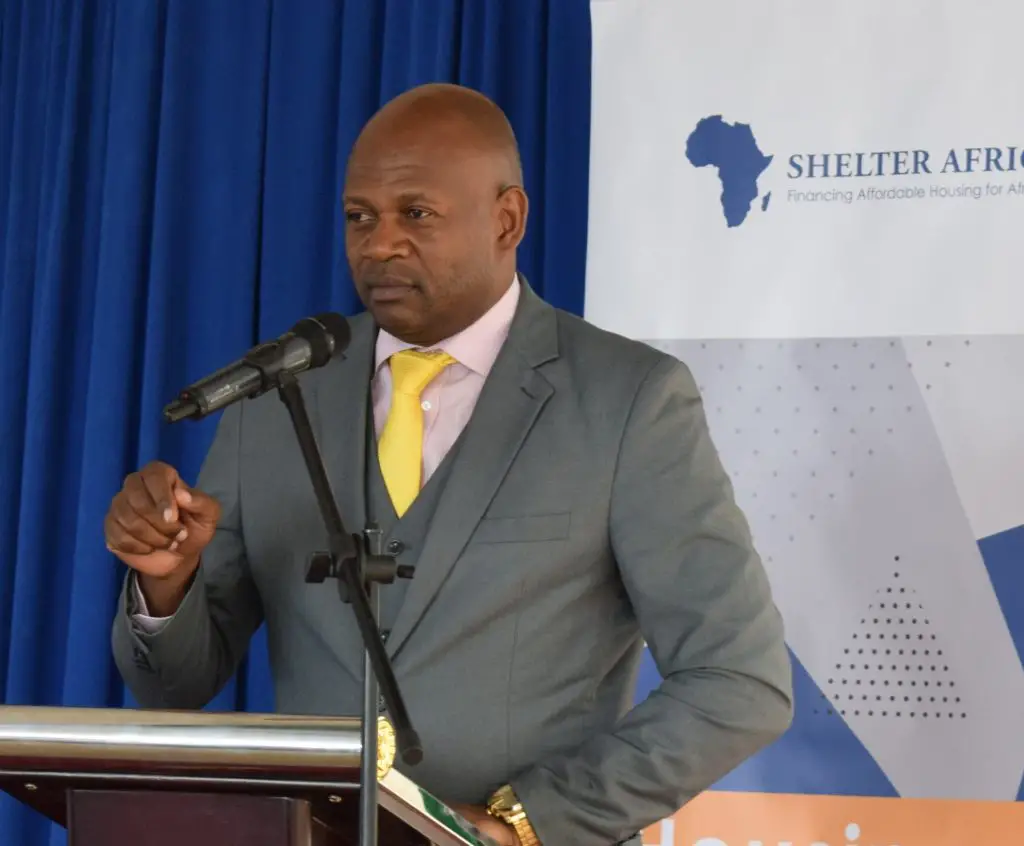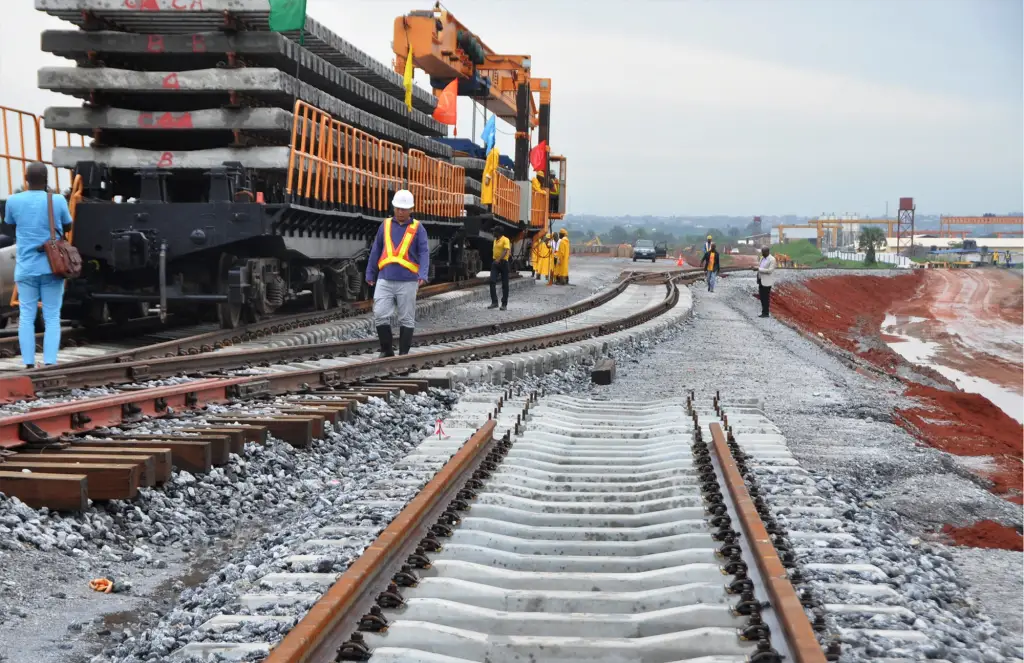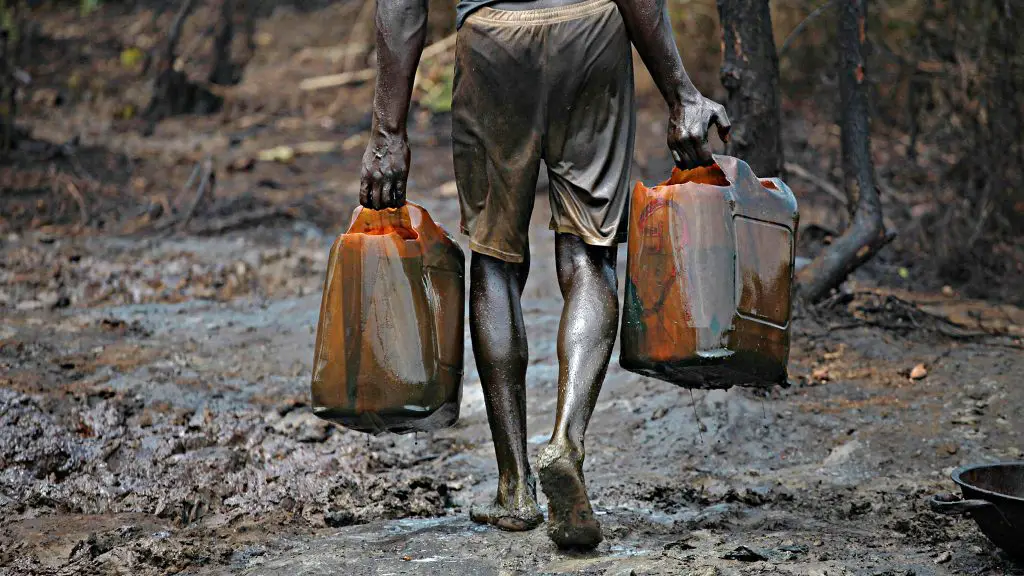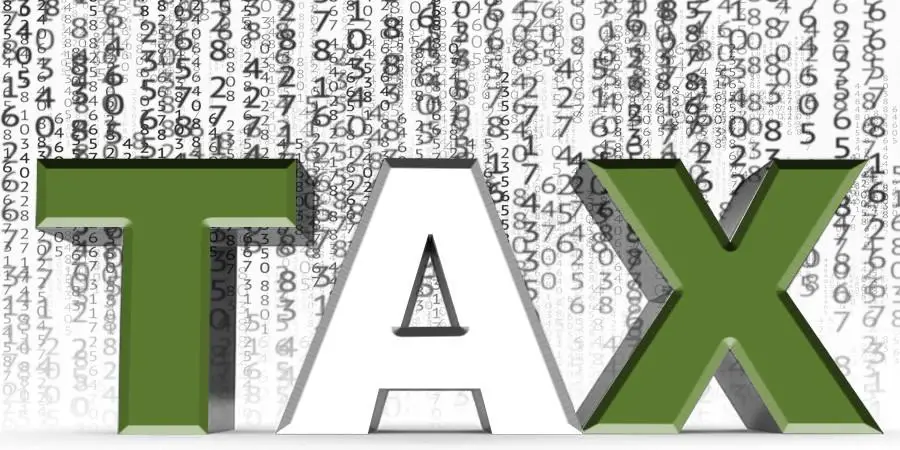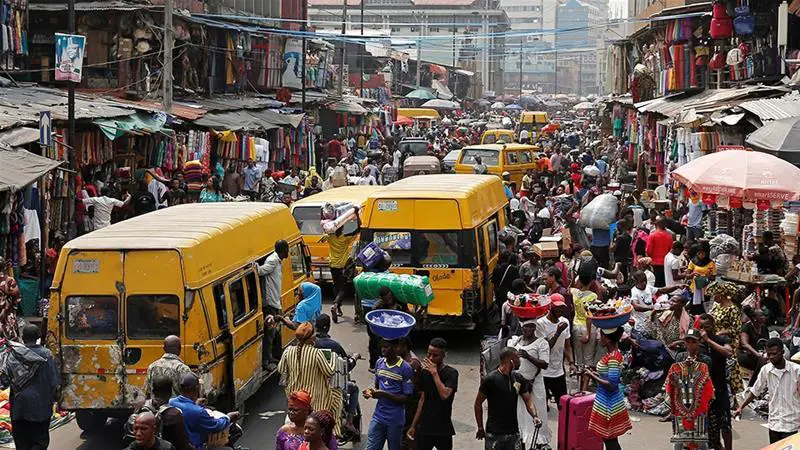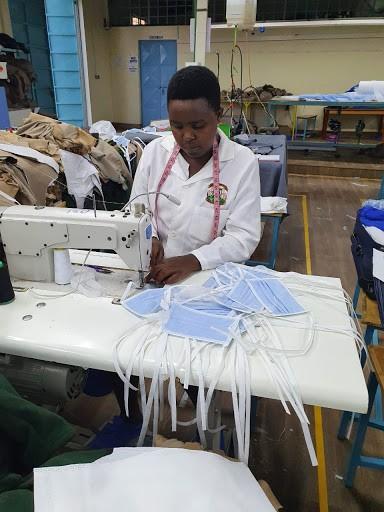- African Energy 2024: Surging investment, waves of change
- AIM Congress 2025: Competition opens doors for Africa’s top tech innovators
- Zimbabwe rolls out $24M project to reduce use of mercury in gold mines
- Zambia secures $184M IMF support as economic growth set to decline to 1.2 per cent
- Equity enters alliance with ODDO BHF to spur Europe-Africa investments
- Air Tanzania hits turbulence: Can the airline fly back to EU skies?
- Ghana’s President Elect John Mahama Outlines His Economic Blueprint
- AfDB backs “green shares” funding model with $30M AFC equity boost
Browsing: Nigeria
On Oct. 1, 1960, everything seemed possible for Nigeria: After nearly 80 years of colonialism under Great Britain, it was finally an independent nation.
During the newly independent nation’s earliest days, there was every reason for Nigerians to envision a bright future for themselves and their country, one in which Nigeria’s vast oil and gas reserves would deliver widespread prosperity. One of stability and growth.
Tragically, Nigeria’s story moved in a different direction. Yes, there was a brief period of economic growth, but that was followed by multiple coups, civil war, military rule, corruption, and poverty. Instead of helping everyday Nigerians, the country’s oil wealth went to an elite few in power while leaving communities, particularly those in the Niger Delta, to deal with environmental degradation and dwindling means of supporting themselves. Instead of using its oil revenue to strengthen other sectors and diversify the economy, Nigeria has made oil
Africa is big! Africa is growing and is projected to be more populous than it is now. Estimates indicate that nearly 2.8 billion people will inhabit Africa by 2060, according to the World Bank.
The high population could impact African countries depending on each respective country's reaction toward overpopulation and urbanization.
A crucial factor in this is land. To be more specific, urbanization of African economic hotspots ought to be analyzed effectively, because Africa is not open to the world as it supposed to be.
Not only that, but African cities are changing fast, and Africa requires a robust approach which is close to fool-proof to push the region towards sustainable development.
In this case, the Organization for Economic Co-operation and Development (OECD) report on Africa’s Urbanisation Dynamics 2020 enlightens the perspective quite vividly.
Kenya had more urban dwellers than the entire
The Federal Republic of Nigeria commits $29.3 million in additional capital to Shelter Afrique making it the second-largest shareholder after Kenya.
Nigeria takes the second largest shareholding after Kenya with each acquiring 14.77 per cent and 14.87 per cent respectively with the African Development Bank acquiring 14.28 per cent of the shareholding.
In additional capital contribution, the Shelter Afrique also confirmed additional funds of $6.6 from Rwanda, Uganda, Lesotho, Mali, Namibia, Togo, Zimbabwe, and Swaziland.
The Shelter Afrique’s Group Managing Director, Mr. Andrew Chimphondah praised Nigeria’s government for showing confidence in the institution and giving a stamp of approval for the organization’s financial turnaround.
“We are grateful to the Nigerian government for their continued support and the importance they have placed on affordable housing. We are especially grateful to the Honourable Minister for Works and Housing, Babatunde Fashola for demonstrating this support through honoring this significant payment. We also recognize …
Across the continent to West Africa where we find one of Africa’s largest economies, Nigeria. Here we find another railway deal gone bad, the $500 million Lagos – Ibadan railway.
In a similar manner to Kenya’s SGR debacle with China, which resulted in Kenya sinking heavily into debt that it simply cannot afford to pay and restructure, Nigeria is now finding a similar fate.
According to the country’s Director General for Nigeria’s Debt Management Office (DMO) Patience Oniha, when making a deal with China, ‘…the Chinese determine the cost of projects, give us loans tied to the projects and the projects must be executed by Chinese firms alone.’
It is alleged that not only does China force importation of even the smallest of laborers but also all the equipment and guess where they are imported from? Yes, China.
It is further argued that by so doing, China is using these …
The year started out as very promising, Nigeria’s crude oil and gas export sales revenue hit a record USD434.85 million in January. That was apparently the best the sector would do this year. It is estimated that the country’s oil revenue is likely to decline by 80 percent this year. In fact oil export volume is projected to fall to 1.3 million barrels per day.
For a country where oil represents 90 percent of the country’s exports, 30 percent of bank credits and 50 percent of fiscal revenues, an 80 percent fall (USD17 billion) spells doom not only for the sector but the economy as a whole.
The prediction is made by the country’s high profile and member of the Economic Advisory Council, Mr. Bismarck Rewane in a report titled: “Making Hay While the Sun Has Set.”
“The federal government is struggling with the reduction and elimination of subsidies without
Withholding Tax (WHT) is an advanced payment on income tax deducted directly from source by a service provider. The taxpayer could be a company or an individual and the rate of WHT ranges from 2.5% to 10%, depending on the nature of the transaction.
WHT is not a separate tax but serves as a credit against the tax liability of the taxpayer. For example, companies are required to pay Companies Income Tax (CIT) at the end of their accounting year and after their audited accounts have been filed. At the point of the assessment of their CIT liabilities, the WHT deducted from their invoices to service providers during the year would be deducted from the CIT payable for that financial year.
WHT and Non-Resident Companies
Non-resident companies are companies not incorporated in Nigeria. Under the Companies Income Tax Act (CITA), non-resident companies which have a “fixed base” in Nigeria are …
Nigeria, Africa’s largest economy which performed well in the fourth quarter of 2019, since the 2016 recession, could contract in the second quarter in 2020.
The possibility of a contraction is backed by, three gauges of business activity that pointed to difficulties the central bank face in trying to stave off a recession in Africa’s largest economy, according to information from Bloomberg News.
As Nigeria struggled to recover from a 2016 contraction is set to slow down economically, due to the lockdown rolled in to curb coronavirus spread.
According to Stanbic IBTC Bank and IHS Markit’s purchasing managers index rose slightly to 40.7 in May from 37.1 the previous month, suggesting economic conditions are worsening even as the government relaxes a lockdown in key cities to curb the spread of the virus.
READ: Nigeria records high quarterly GDP growth in the fourth quarter
However, according to Bloomberg News, Gbolahan Taiwo, …
 Nigeria has a rich venture capital environment and in our new reality, startups will need to adapt to fund themselves. Fabio Scala from FurtherAfrica spoke to Aderonke Alex-Adedipe, a partner of Pavestones Nigeria to understand how the upcoming regulations will impact the market, particularly in regards to crowdfunding platforms and the eligibility and limitations companies may see in effect once the crisis is over.…
Nigeria has a rich venture capital environment and in our new reality, startups will need to adapt to fund themselves. Fabio Scala from FurtherAfrica spoke to Aderonke Alex-Adedipe, a partner of Pavestones Nigeria to understand how the upcoming regulations will impact the market, particularly in regards to crowdfunding platforms and the eligibility and limitations companies may see in effect once the crisis is over.…
At the height of Kenya’s former president Daniel arap Moi’s rule, an idea was conceived that Kenya would stop over-reliance on foreign imports especially motor vehicles and instead develop local capacity to the manufacturing of cars. In the idea, Moi set up Nyayo Motor Corporation, a state-backed entity that was granted the task of developing Kenya’s first made car. As fate would have it, the development of Nyayo Pioneer car flopped and the idea was abandoned.
A state-backed ego and poor planning, disregard of engineering, poor funding and poor workmanship are some of the reasons that are blamed for the collapse of President Moi’s pet project. What has followed over the decades is a dramatic collapse of almost all industries in the country especially those that had state backing. These included the clothing and apparel industries, food and beverage processing companies, as well as engineering projects and left everything into
The economic impact of fake and substandard oil on the global economy is valued in the billions of dollars. The business is tempting, it has cheap overhead and high profits and so the black market for fake goods is growing .
The counterfeits black market affects all types of good, from food products to toys, to cosmetics to jet fuels, you name it, it has a counterfeit.
In Kenya, millions of litres of crude oil has been barred from entering the country via an oil tanker on April Fools. News of the cargo ship, No. K07/2020 has just been released to local media saying was the oil tanker, MT Ocean Tiara belongs to a subsidiary company of a Nigerian oil giant and was seized after it berthed at Mombasa port waiting to moor and dump the fuel.
The tanker and its cargo have several discrepancies and the long arm of …


